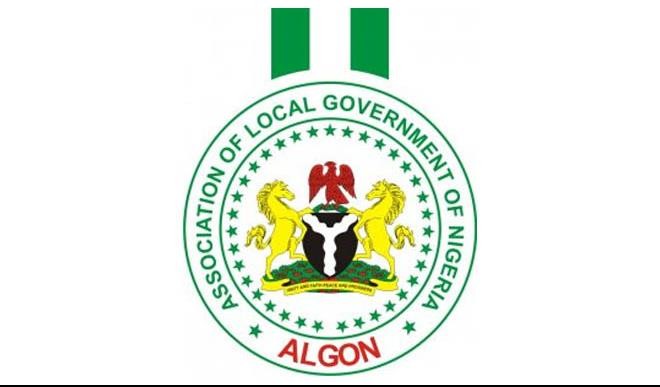In a federal system like Nigeria’s, the effectiveness of local governments at development is a major determinant of national development at par. But when local governments are starved of development funds or incapable of generating adequate revenue for development, national development becomes lopsided.
For instance, there is a plausible disparity in the percentage of paved roads in Nigeria because more than 65 per cent of Nigeria’s roads are resident in the third tier of government, which, in turn, has the most scarce resources among the three tiers.
But the current structure of revenue generation and allocation in the country would almost leave that important tier of government least capable of delivering the dividends of government to the grassroots if not altered.
Adequate and effective local authority indicates that government policies and activities reach the populace. The smooth running of the society needs to be cemented from the grassroots through adequate representations, policy formulations, implementations, and equitable distributions of resources and services.
Nigeria is one of the few countries that adopted the federal system of government in Africa, a system that envisages autonomy for every sect of its authorities. Unfortunately, to suit their interests and political agenda, federal and state governments had maintained a substantial level of influence and control over local authorities over the decades. Consequently, LG effectiveness and performances have been largely hindered.
During the process of decolonization, the first elected local government council was based on the British Whitehall model, in which a wide range of functions that included primary education, health, police, judiciary, autonomy in financial, personnel and general administrative matters were given.
Once independence was attained, between 1960-1966, there was decline in the responsibilities of local authorities .
Between 1969 and 1971, a number of state governments introduced some changes in the structure of their councils. The first significant attempt of local authority reforms occurred in 1976, under the local government reform provision. The provision defined local government as: “Government at local level exercised through representative councils established by law to exercise specific powers within defined areas. These powers should give the council substantial control over local affairs as well as the staff and institutional and financial powers to initiate and direct the provision of services and to determine and implement projects so as to complement the activities of the state and federal governments in their areas, and to ensure, through devolution of these functions to these councils and through the active participation of the people and their traditional institutions, that local initiative and response to local needs and conditions are maximised.”
Among other key points, the above definition strengthened the need for autonomy of the local government, ability to be elected at the local level and operate independently of the state and federal government.
But the provisions made to the local governments for grassroots developmental projects are not commensurate with what would suffice for such development.
For example, it was in 1992 that General Ibrahim Babangida increased the LG allocations from 15 per cent to 20 per cent. But the Babangida administration further increased the number of local governments from 301 in 1976 to 453 in 1989, and 589 in 1991, while the Abacha regime further increased the number to 774 local councils. Increase in the local government council in Nigeria was a result of new states that were created.
So, while federal allocations were increased by Babangida from 15 to 20 percent, such policy vitiated the disposable income of local governments by increasing their number by subsequent policies that summed them to 774 local government areas.
With a culture of micromanaging local governments that have evolved over the years, they are naturally rendered ineffective.
The recent development to increase the allocation to local governments to 23 per cent, and directly paid to them is a step in the right direction. If the recommendation by the Revenue Mobilsation Allocation and Fiscal Commission is approved by President Muhammadu Buhari, it would be the first increase for the local governments in 30 years.
We believe the local governments should have more resources to deliver the dividends of democracy to the people.





